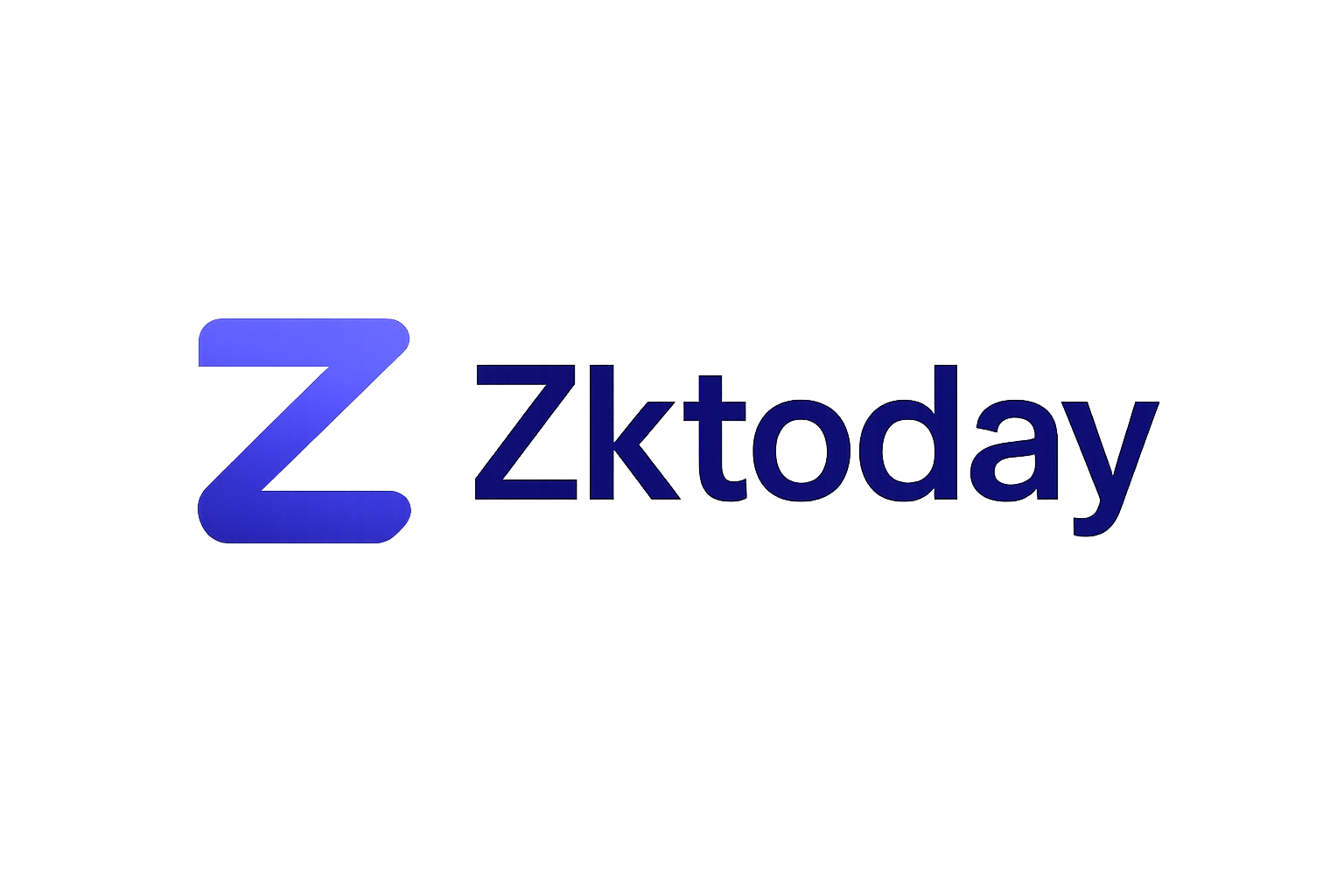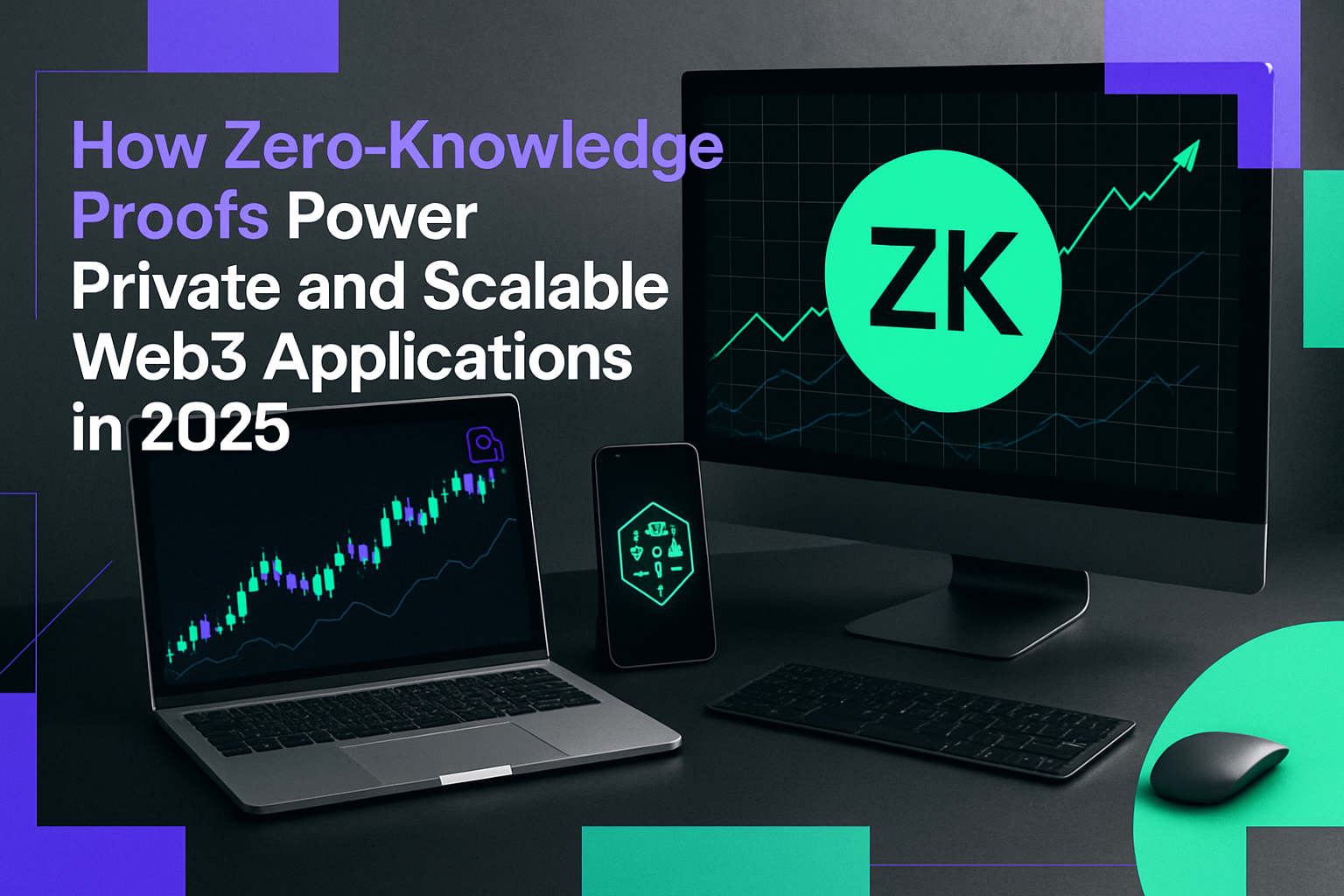
Zero-knowledge proofs (ZKPs) have moved from cryptographic theory to the beating heart of Web3 innovation in 2025. If you’re tracking the evolution of blockchain, you’ve probably noticed a seismic shift: privacy and scalability are no longer distant promises, but live features powering decentralized applications (dApps) across finance, gaming, identity, and beyond. So, how exactly are ZKPs reshaping the landscape? Let’s dive into the tech that’s making private Web3 applications and massive scaling not just possible, but practical.

Why Zero-Knowledge Proofs Matter for Web3 Privacy
At its core, a zero-knowledge proof lets someone prove they know a fact, like having enough tokens for a transaction or being over 18, without revealing anything else. In 2025, this capability has become essential for private web3 applications. Whether you’re swapping tokens on Uniswap v4 or casting an anonymous DAO vote via Semaphore, ZKPs allow verification without exposure.
Decentralized finance (DeFi) platforms have embraced ZKPs to enable confidential transactions while still meeting compliance requirements. Tornado Cash’s relaunch this year is a prime example: it now enables untraceable transactions with built-in KYC checks using ZKP modules. The result? Regulatory peace of mind without sacrificing user privacy, a breakthrough that would have seemed impossible just three years ago.
ZK-Rollups: Unlocking Scalability Without Sacrificing Security
The other piece of the puzzle is scalability. Classic blockchains choke on high demand; fees spike and transactions crawl. Enter zk rollups scalability: projects like zkSync Era, StarkNet, Polygon zkEVM, and Scroll bundle thousands of off-chain transactions into a single proof posted on-chain. This means lower fees and higher throughput without giving up security or decentralization.
What’s exciting is how these rollups are now EVM-compatible, so developers can deploy existing Ethereum smart contracts with minimal changes while gaining instant speed boosts. In 2025, we’re seeing mainstream dApps like Uniswap v4 integrate ZKP-based modules directly into their architecture to protect trade details from front-running bots while keeping things lightning fast.
The Expanding Universe of ZKP Use Cases
The magic of privacy blockchain technology isn’t limited to DeFi or trading. In decentralized identity systems such as Polygon ID or Mina Protocol’s zkLogin, users can prove attributes like age or nationality without exposing personal data, a game-changer for onboarding in regulated industries. In April 2025 alone, a major European bank cut KYC onboarding time by half using ZKP-based workflows.
ZKPs are also revolutionizing gaming (think provably fair random number generation in Axie Infinity), NFT ownership proofs, healthcare data sharing with selective disclosure, and even anonymous voting within DAOs via tools like Semaphore.
- DeFi: Private swaps and compliance-friendly mixers
- Identity: Proof-of-personhood and credential verification
- NFTs and Gaming: Fair gameplay and secret ownership transfers
- Governance: Anonymous voting and participation audits
- Healthcare: Proving insurance eligibility without revealing medical records
If you want to dig deeper into how these mechanisms work under the hood, and why they’re so critical for trustless applications, check out our primer on how zero-knowledge proofs enable trustless scalable blockchain applications.
We’re witnessing a new era where decentralized applications zk are no longer limited by the trade-offs of the past. Instead, ZKPs now serve as the backbone for protocols that demand both privacy and performance, from high-frequency trading platforms to private DAOs. The best part? Users don’t need to be cryptography wizards to benefit. Seamless onboarding flows, Web2-style logins with ZK protection (thanks to Mina’s zkLogin), and near-instant settlements are making these powerful features accessible to everyone.
Real-World Impact: From Compliance to Community Trust
The regulatory landscape has shifted too. In 2025, compliance doesn’t have to mean sacrificing privacy. ZKPs have enabled financial institutions and dApps alike to implement KYC and AML checks without collecting or exposing sensitive user data. For example, Polygon ID’s integration with major exchanges lets users prove their eligibility for token sales or access restricted dApps without ever handing over their full identity documents.
This approach is gaining traction in healthcare as well. Patients can now demonstrate insurance coverage or vaccination status using zero-knowledge credentials, no more awkward data leaks or bureaucratic delays. Even government pilots are emerging: several municipalities in Europe have rolled out ZKP-based voting systems for local elections, delivering verifiable results with full voter confidentiality.
Top Zero-Knowledge Proof Use Cases in 2025
-
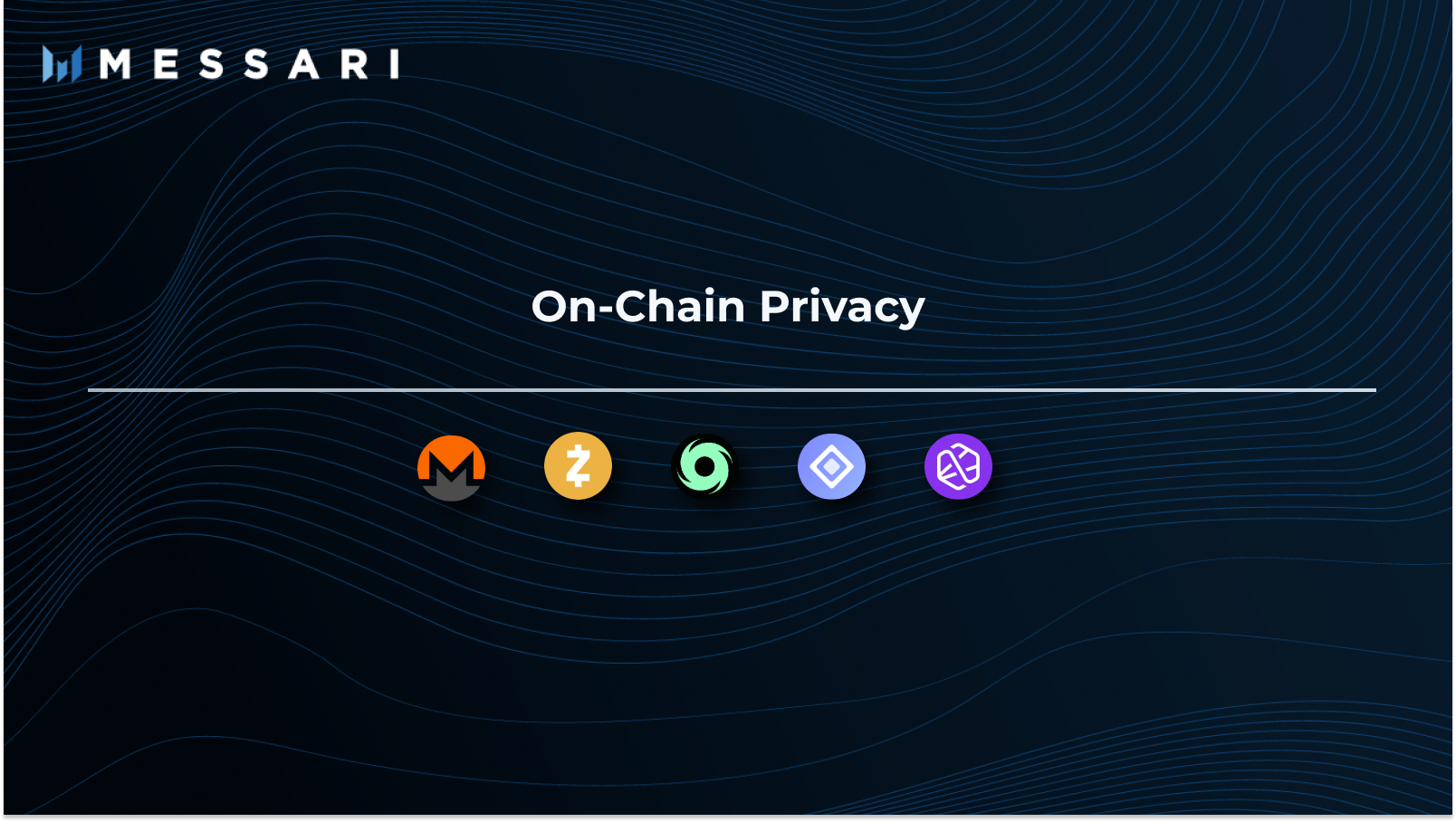
Private DeFi Transactions: Tornado Cash and Uniswap v4 now use ZKPs to enable confidential swaps and transfers, letting users transact privately while still meeting KYC requirements.
-
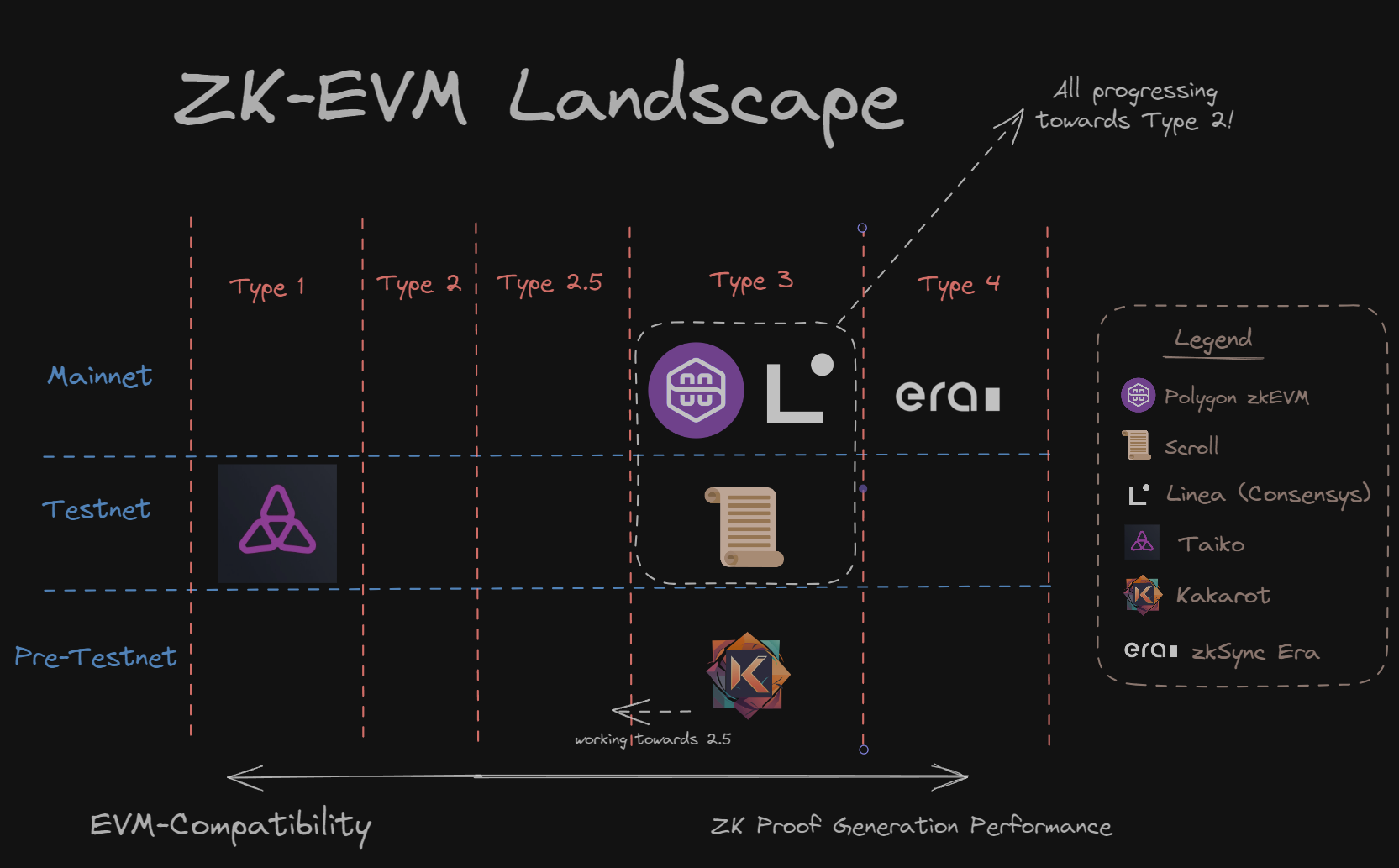
Scalable Blockchain Networks: zkSync Era, StarkNet, Polygon zkEVM, and Scroll leverage ZK-Rollups to bundle thousands of transactions off-chain, slashing fees and boosting Ethereum’s scalability.
-
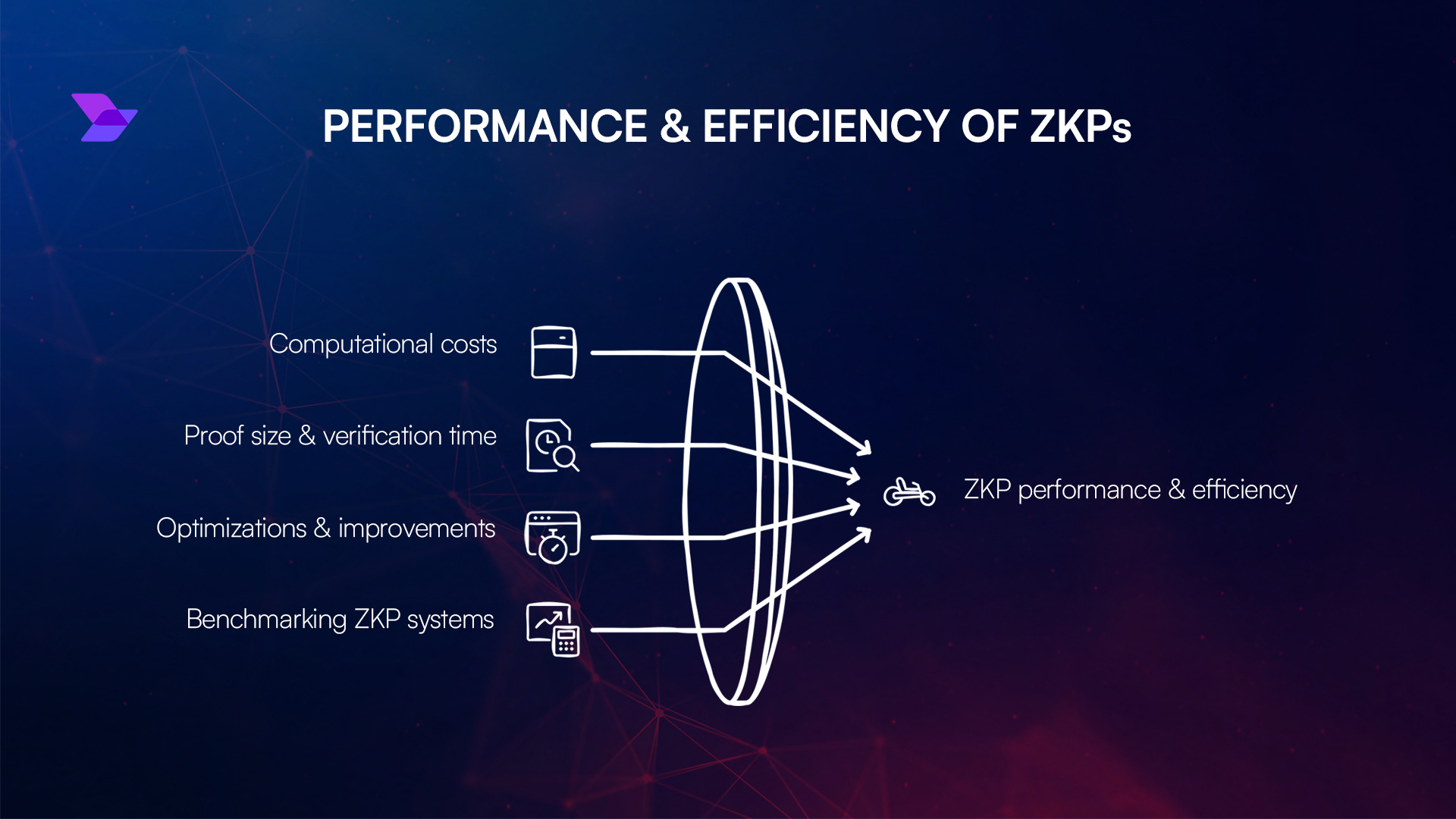
Privacy-Preserving dApps: Projects like Semaphore and Aztec Network allow anonymous DAO voting and confidential Ethereum transactions, protecting user data while ensuring verifiable outcomes.
-
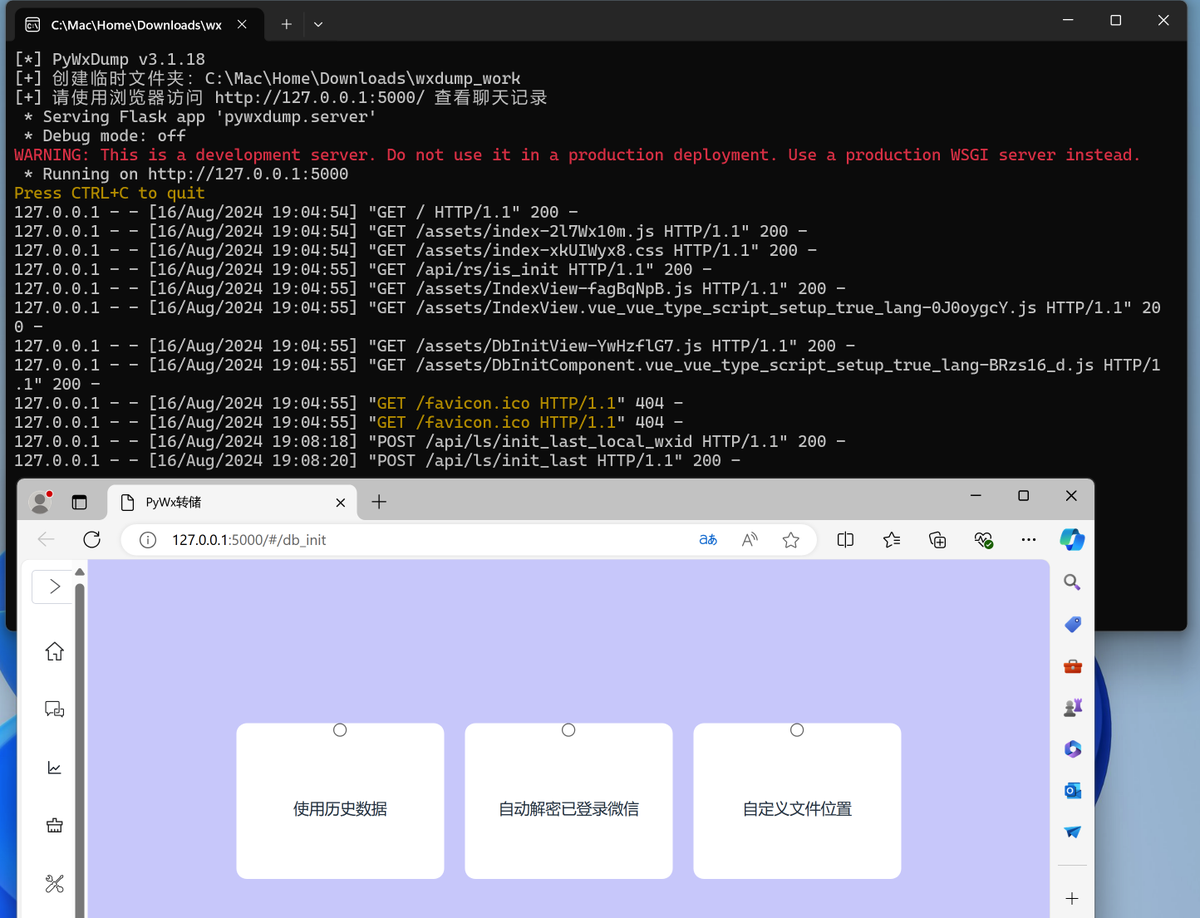
Decentralized Identity & Authentication: Polygon ID and zkLogin by Mina Protocol use ZKPs to verify credentials like age or nationality, letting users prove who they are without revealing sensitive info.
-
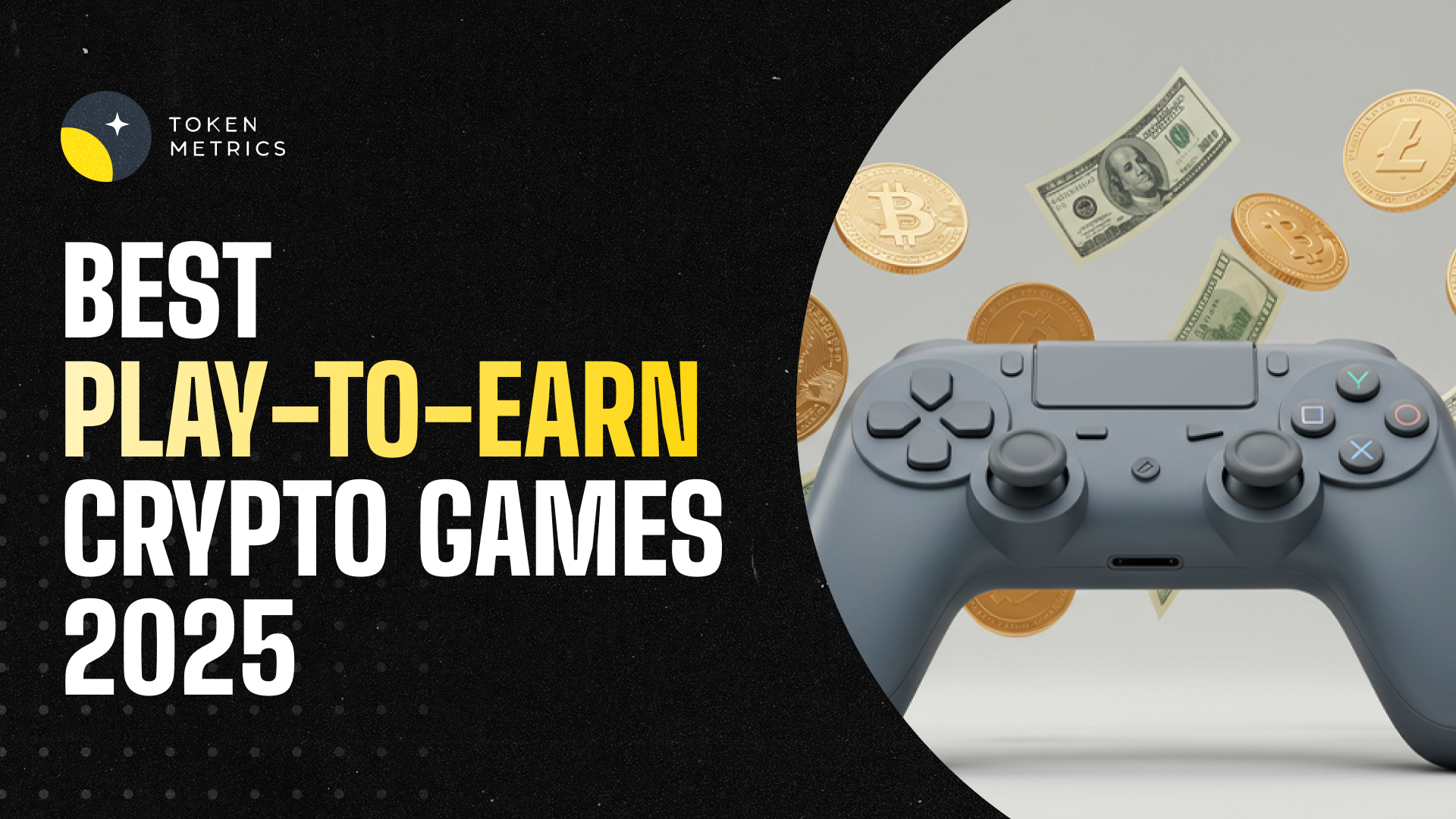
Fair Gaming & NFTs: Axie Infinity integrated ZKPs for random number generation, ensuring provably fair gameplay and secure NFT ownership in its 2025 update.
-
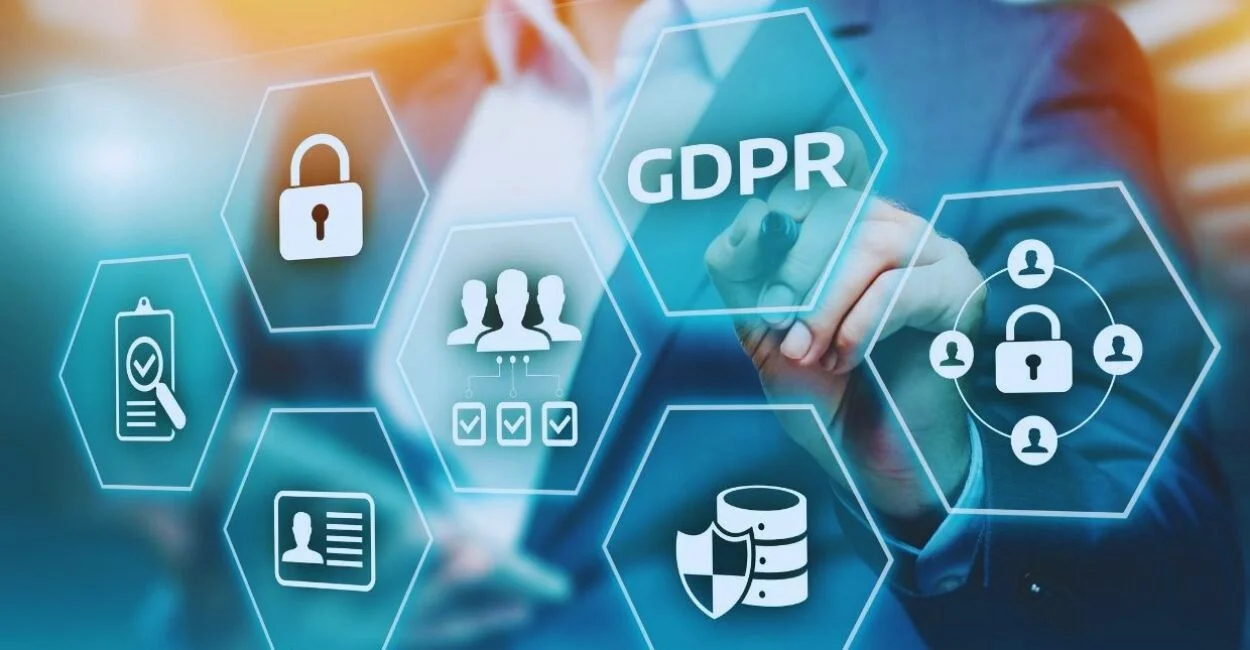
Healthcare & Regulatory Compliance: ZKPs power privacy-preserving health apps, letting patients prove insurance eligibility or participate in verifiable voting without exposing personal records.
What’s Next for Zero-Knowledge Proofs?
The pace of innovation isn’t slowing down. As we look ahead, expect even tighter integration between zk rollups scalability solutions and mainstream dApps. The next wave will likely focus on cross-chain interoperability, think seamless asset transfers between different blockchains using universal ZK proofs, and on-chain AI computation that preserves privacy while proving correctness (see our guide on verifiable AI outputs).
If you’re building or investing in Web3, keep an eye on projects like Aztec Network’s confidential Ethereum relaunch, Polygon zkEVM’s expanding ecosystem tools, and Scroll’s push for developer-friendly rollups. And don’t sleep on the enterprise side: banks piloting ZKP-based onboarding workflows are setting new standards for digital trust that could ripple across industries.
Final Thoughts: Privacy and Scalability Are Now Table Stakes
ZKPs have gone from cryptographer’s dream to industry baseline almost overnight. In 2025, if your app isn’t leveraging zero-knowledge proofs for privacy or scale, or both, you’re already behind the curve. The silent revolution is over; the future of private web3 applications is here, live on-chain and growing fast.
